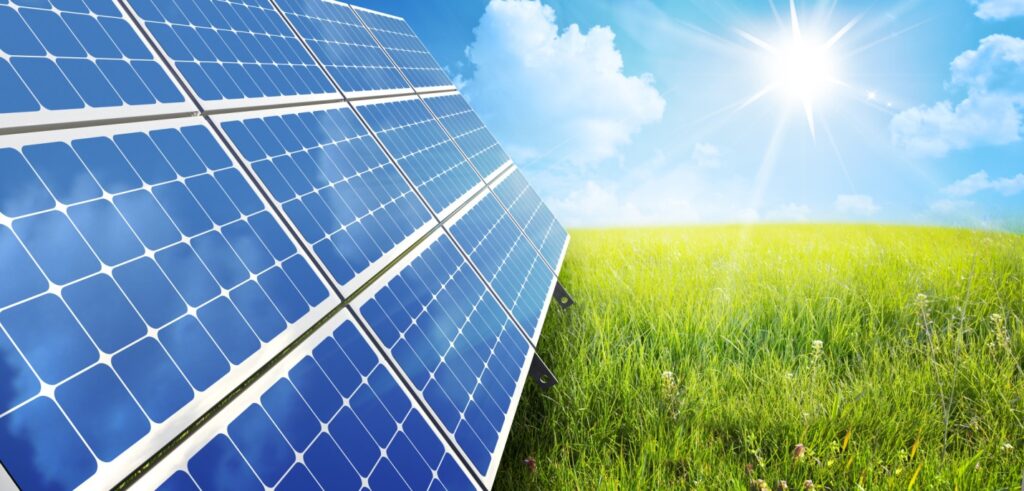According to studies, 12.5% of American energy comes from renewable sources, which proves the economic impact of solar energy is massive.
Solar energy is a great way to reduce your carbon footprint and save money on your energy bill, but it can be confusing to understand the economics of solar energy.

It can be hard to know if solar is right for you. You’re not sure if the cost of installation will be worth it in the long run, or how much you’ll save on your energy bill.
But don’t worry. Keep reading because this article breaks down everything you need to know about the economic benefits of solar energy in easy-to-understand language.
What Is Solar Energy?
Solar energy is the emission of light and heat from the sun. It’s a renewable resource, meaning that it can be used over and over again. Solar energy has been used for centuries to power everything from homes to entire civilizations.
How Does Solar Energy Work?
There are two ways to use solar energy: passive and active. Passive solar energy uses natural elements, like the sun and wind, to heat or cools a building.
Active solar energy uses mechanical devices, like photovoltaic cells or thermal collectors, to convert sunlight into usable energy.
The Economics of Solar Energy
The economics of solar energy are constantly changing as the technology improves and becomes more affordable. However, there are a few key things to know about the economics of solar energy.
Solar energy is expensive to install, but the cost has been dropping steadily in recent years. The price of solar panels has fallen by 80% since 2008.
Solar energy is a great investment. It can take as little as 5-7 years for a solar system to pay for itself, and it can save you money on your electricity bill for years to come.
Solar energy is becoming increasingly popular. In the United States, solar energy capacity has grown by over 1700% in the last six years.
Solar Energy Pros and Cons
There are both pros and cons to solar energy. The pros include:
- Solar energy is a renewable resource
- Solar energy is environmentally friendly
- Solar energy is affordable
The cons of solar energy include:
- Solar energy is not always available, depending on the weather conditions
- Solar energy is expensive to install
- Solar energy can take up a lot of space on your property
These pros and cons should be considered when deciding if solar energy is right for you. If you believe solar is right for you contact Blue Raven Solar.
Active vs. Passive Solar Energy
There are two types of solar energy: active and passive. Active solar energy uses mechanical devices to convert sunlight into usable energy, while passive solar energy uses natural elements like the sun and wind to heat or cool a building.
Active solar energy is more expensive to install, but it is more efficient and can be used in a wider range of applications. Passive solar energy is less expensive to install, but it is not as efficient and can only be used in specific applications.
Learn the Economics of Solar Energy
Solar energy is becoming more and more popular and for good reason. It’s a sustainable source of energy that doesn’t put a strain on the environment like other forms of energy production do.
In this blog post, we’ve explained everything you need to know about the economics of solar energy. If you want to learn more about topics like this, check out the Invest category

Leave a Reply